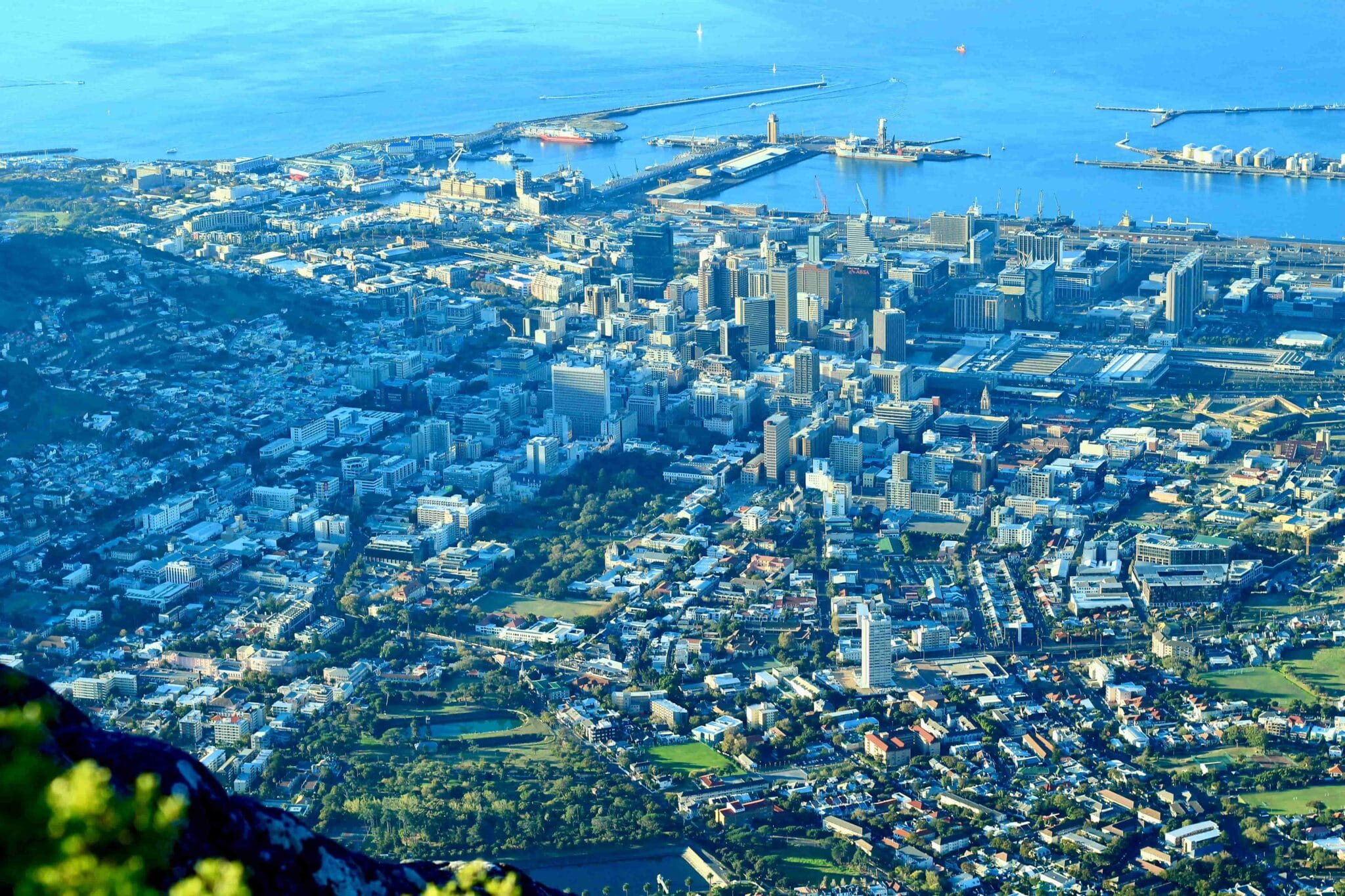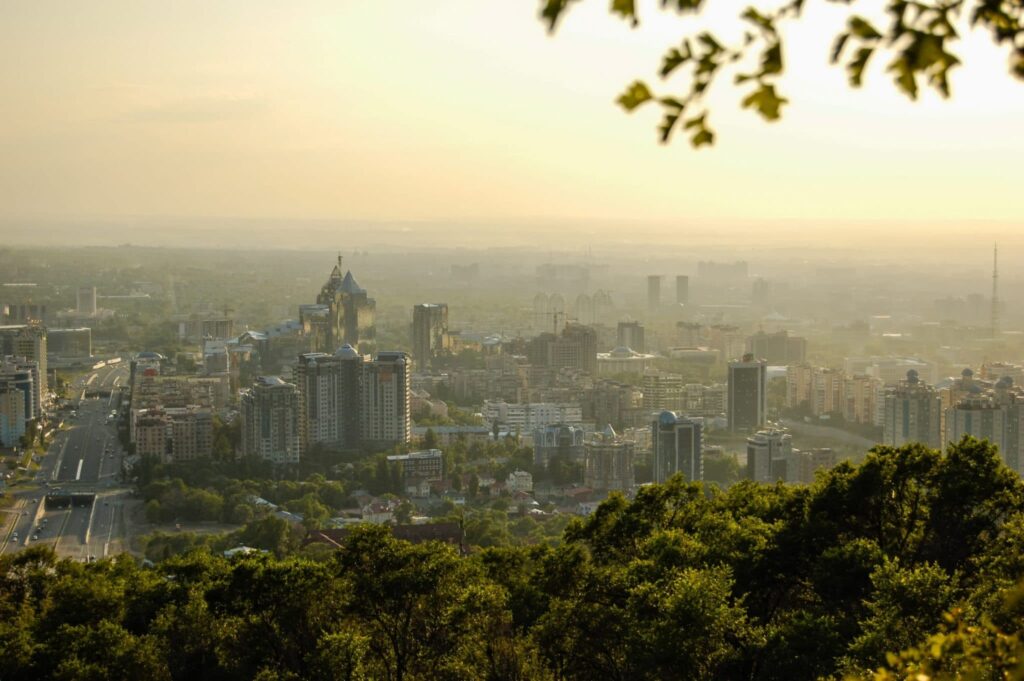FSR Transport Adviser, Prof Juan Montero, is teaching this week at the Intensive Training “Regulating smart cities: infrastructure, sharing and financing”, organised by the Communications and Media Area of the Florence School of Regulation in partnership with the Turin School of Local Regulation.
The course
The course analyses the factors driving the development of smart city projects, with the aim of providing participants with the knowledge and skills that are needed to understand their main technological, economic and regulatory challenges.
The role of cities has become increasingly significant in recent decades. The majority of the world’s population lives in those urban areas where most of the wealth is produced, energy and information are consumed and waste and pollution are generated. These urban agglomerations are witnessing major technological and social transformations, resulting in new lifestyles and inequalities at the same time.
The smart city, which has become a buzzword in urban development strategy, is considered to be one of the most powerful tools to deal with contemporary challenges at the local level, such as pollution, energy efficiency, transportation, social inclusion and welfare, and to attract investments. In this framework, cities are considered as potential platforms where major building blocks such as infrastructure, urban planning, rules enforcement and active citizenship might be glued together into a system that is able to respond dynamically to a new
set of citizens‘ needs.
The main challenges associated with the realisation of a smart city lie in its multi-layer dimensions. As a consequence, an approach that integrates planning and management of the different layers would be required. In turn, this should entail a holistic consideration of different policy areas (ICT, transport, energy and water) with the inclusion of all stakeholders, such as governmental and nongovernmental actors, private sector players and citizens. Overall, the main goal is to offer better services and to increase the quality of life while guaranteeing infrastructure security and personal safety of citizens-consumers.
Download
To learn more about this course, please visit the dedicated website.






